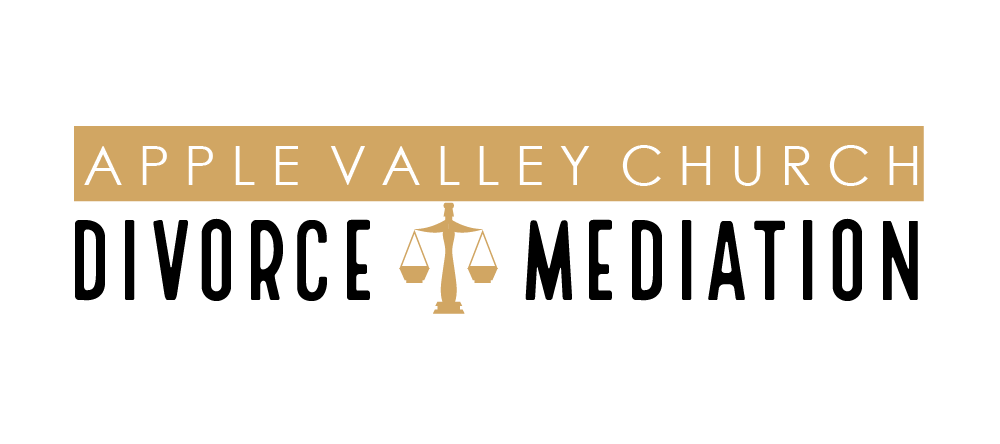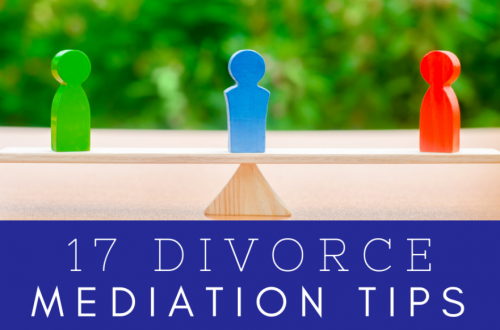Divorce Mediation – How to Find an Amicable Divorce Mediator on Long Island

Divorce mediation is a process where the two parties try to resolve the issues in their marriage with the help of a neutral third party. While a divorce judge has an important role to play, he or she may not be familiar with your particular family situation or your willingness to compromise. This can mean that a judge might make decisions that hurt you, but it is not uncommon for a divorce mediator to make the final decision without the knowledge of either party’s specific goals. Moreover, most cases end up with an agreement on property distribution and some support. In addition, only a few cases involve business valuations or real estate valuations.
Although most courts offer divorce mediation, it is often limited to custody and visitation issues, so you may not be able to resolve other family issues through mediation. For example, Tennessee courts encourage divorcing couples to work through other issues of their relationship during mediation after a parenting plan has been agreed upon. Likewise, Florida judges may order divorcing couples to go through mediation for all family issues, including child custody and visitation. To find out if your state offers divorce mediation, contact the local court and search for the corresponding website.
If you are considering Divorce mediation, you should look for a mediator who specializes in the area of your marital issues. Divorce mediation is often effective in reducing the emotional and financial costs of a divorce. In fact, many couples opt for this method after realizing how peaceful it can be and how successful it has been for other clients. A qualified mediator will make the process more effective and less stressful for you and your family.
Divorce mediation is not for everyone. However, it can reduce the costs of divorce litigation. The ideal candidate for Divorce Mediation is someone who can have a reasonable dialogue with his or her spouse. People with severe mental illness, addiction, or abuse are not good candidates for this process. Therefore, you should seek advice from a lawyer if you’re not comfortable working through mediation alone. You’ll need an attorney if you have any evidence that your spouse has hidden assets.
However, the main benefit of Divorce Mediation is that it is voluntary. This means that both parties must agree to try it. If one party refuses to participate, then it is not worth it. If the other party refuses to participate, it is best to choose another method of divorce. It’s also less stressful on your children than a courtroom proceeding. However, you must make sure that both parties are prepared to work together for the best possible outcome.
During the process of divorce, both parties have the option of consulting with a mediator to make sure that they are receiving the best advice. Regardless of their position on divorce, the mediator’s role is to be neutral and help the divorcing couple come to an agreement. Divorce mediation is the best way to ensure that both parties are satisfied with the outcome. There are many benefits to Divorce Mediation. You may even be able to get the divorce finalized without a court.
Once you’ve decided on Divorce Mediation, your mediator will ask you about the specific issues you want to settle. This will help the mediator assess what you agree and disagree on. If you are both unhappy with the result, you may want to seek the advice of a professional lawyer. A good mediator should be able to schedule appointments two to three weeks in advance. However, you should keep in mind that the majority of divorce mediators cannot be present during the sessions.
Another benefit of Divorce Mediation is that it does not require a lawyer. Many people think of it as an alternative to hiring an attorney. You may want to use an attorney for preparing for the session, coaching during the negotiation process, or reviewing the formal settlement agreement. Some Full-Scope Attorneys use Divorce Mediation to settle specific issues, such as child custody. Some courts will even order couples to use it for custody or other issues.
While divorce documents are public record, the information that you share during a mediation session is confidential. The other party cannot use it against you in court unless you give them permission to. This confidentiality is a significant benefit of Divorce Mediation, and many people choose it as their first option. However, it is important to remember that divorce mediation is not a legal binding process and is not a substitute for a court trial.



